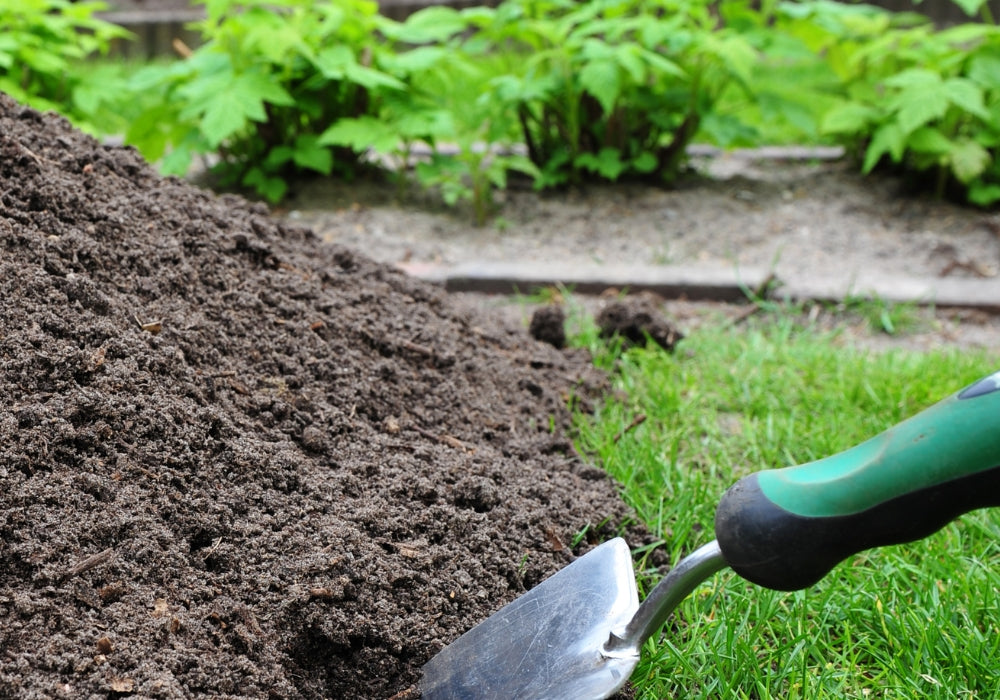
Your quick and dirty guide to composting
Returning organic waste to the Earth enriches soil with nutrients and beneficial microbes, helps grow healthier plants, and promotes a circular economy.
Composting streams in Aotearoa
Do you compost at home? How does your workplace deal with foodscraps? Are you eligible for a Council collection? Getting started with composting may be easier than you think.

Compostable bin liners made from renewable resources
Compostable bags contain a mixture of polymers (corn-starch, PBAT and PLA) that are specially blended to produce a material that is both strong and biodegradable. They’re designed to decompose in your home compost heap and return to carbon dioxide and water without leaving behind any harmful residues.
Corn is an annual crop - meaning that it completes its whole lifecycle within one growing season. Because it’s able to be easily regrown, and can be harvested again next season, it’s considered highly renewable.
Furthermore, the corn we use is sourced from GMO-free regions and the kernels are what’s called “third-grade”. First grade corn is used for human consumption, grade two is used in animal feed products, and grade three…well that would otherwise be left to rot. So we’re reclaiming an otherwise wasted by-product and putting it to good use.
Composting at home
Approximately 52% of kiwis compost at home. All of our compostable bin liners and food storage products are certified for both home and industrial composting.
Compostable household waste includes: Vegetable and fruit scraps, grass clippings, leaves, coffee grounds, paper and cardboard (uncoated), crushed egg shells, pasta/rice, breads, nuts, seaweed, popcorn, toothpicks, bamboo skewers, tissues, nail clippings, cotton balls, dryer lint, hair, pencil shavings, flowers, droppings from herbivorous pets.

Recommended reading & viewing
Compost Collective:
compostcollective.org.nz/ - for information about how to compost at home
Love Food Hate Waste
lovefoodhatewaste.co.nz/ - for information about how to avoid wasting food
TUV Austria OK compst video on YouTube:
https://www.youtube.com/watch?v=fcxEJKUSLkQ - explains why environment is key for biodegredation

